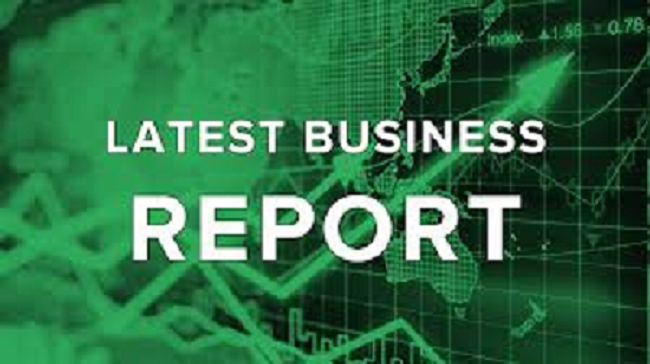Some other excerpts...
Greenspan..."Lower long-term rates is not a conundrum, its an indication of how weak global economic growth is."
"effective demand is extraordinarily weak - tantamount to the late stages of the great depression."
"Monetary policy is not responsible for economic weakness - it's a fiscal issue."
The Fed is responsible for the inflation of the stock market
"Almost all the problems are due to a lack of long-term capital investment" - reflecting perfectly on our detailed explanations of company's preference for shareholder enhancement through buybacks rather than investing in the corporate growth of the economy... "nobody wants to invest in the long-term because nobody knows what is going to happen."
And finally:
You are right Alan..."Stock market is great - the economy is not."
